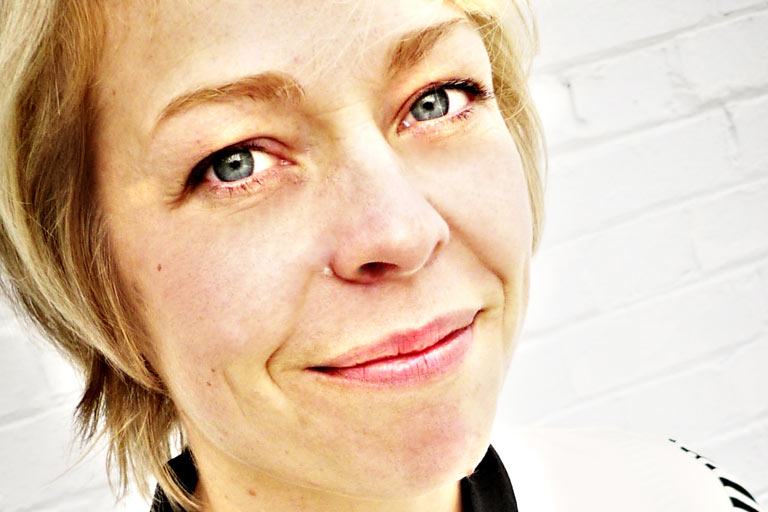Specialist Spotlight – Dr Andrea Shortland
Get to know Dr. Andrea Shortland
We asked Andrea to take a few moments out of her hectic schedule to answer a few questions about what inspired her to specialise in trauma therapy and assessment.

How did you decide to specialise in supporting people who have had a traumatic experience?
I grew up in an area where there was a lot of family and community trauma that went unrecognised. I knew so many people that struggled with the impact of trauma and felt it was wrong that traumatised people were often considered ‘difficult’, ‘angry’ or ‘bad’.
My interest was developed further when I worked as a forensic psychologist in prison and then on an inpatient ward with adults with severe mental health difficulties. Virtually everyone I worked with had a history of severe trauma but this was rarely recognised. Furthermore, our responses both at society and professional levels often compound and repeat trauma rather than addressed or treating it.
One of the things I like most about working with trauma is that the difficulties are often the individual’s way, or at least the brain’s way, of trying to survive and protect from further danger or trauma. These difficulties make sense and are understandable, but often get in the way of living. So, the person doesn’t need to beat themselves up for these difficulties but they do need to pay attention to, or process, the previous painful experiences and take responsibility for how they want to live in the future.
Have you ever felt that you couldn’t help someone through their experience?
There have been times when I have felt that someone would benefit more from a different sort of therapy or service to what we offer. I always try to think critically about whether we can give the most effective service for that person. However, I strongly believe there is always a way of working to help reduce distress and suffering.
On other occasions I have worked with the professional or individual to look at shifting the goals, or changing the type of therapy requested following assessment. Cognitive Behavioural Therapy (CBT) might be requested for anxiety, but I may recommend EMDR first to process an underlying event triggering the anxiety before moving on to include CBT techniques.
Finally it is also important to think about timing of therapy. Sometimes it is important to put alternative things in place prior to trauma focused therapy. For example, there may be a need to first work to create stability around a child in care before introducing therapy. A child may need to have their sensory difficulties assessed and addressed before psychological therapy, or we may decide to wait until a transient stressful period at work or school has concluded before embarking on therapy.
What’s the best thing about having your own practice? What’s the biggest challenge?
The best thing is being autonomous – choosing the training and professional development and getting to specialise in the area I feel most passionate about.
Biggest challenges come from not having enough time for admin and thinking about how to take our Practice forward. It can be a challenge to juggle clinical work versus service development and management.
What does the future hold for Shortland Psychology?
One day I would love to have a specialist trauma and attachment centre in Kent. I also have a dream of housing this in a creative hothouse or building that also includes other creative professionals such as film makers, artists, jewellers etc. This is because it would help to normalise the work – trauma response is such a normal and understandable response! I also love the creativity inherent in the work and would love to inspire this further.
Our services are already in such demand we are recruiting for a number of specialist roles- click here to read more.
Do you ever follow your own advice?
I try to be more compassionate towards myself and others – we are all just trying to survive at the end of the day.
I look to recognise when my behaviour may be related to feeling threatened in some way and think about whether that sense of threat is justified and whether I could behave in a more adaptive way. I definitely do not always get it right though!
Things sound super hectic, so how do you unwind?
I try and do things that settle and soothe my system – my Pilates class is amazing for that. I also find running very therapeutic. But sometimes just creating space to be with my friends and family is the best tonic in the world.



